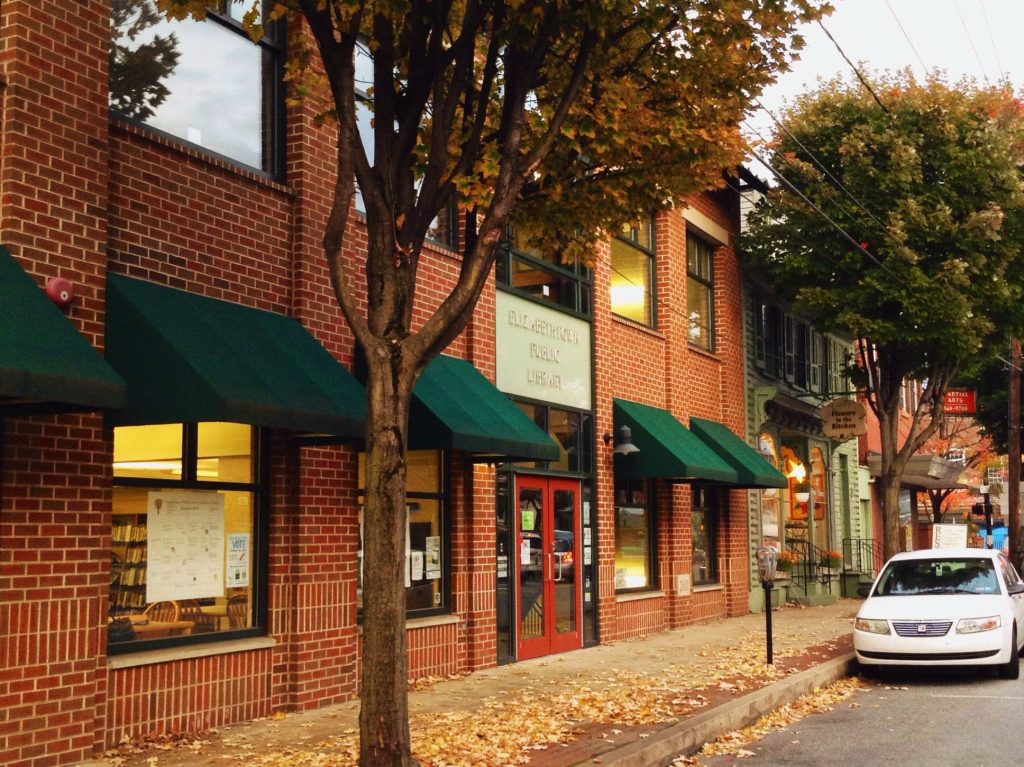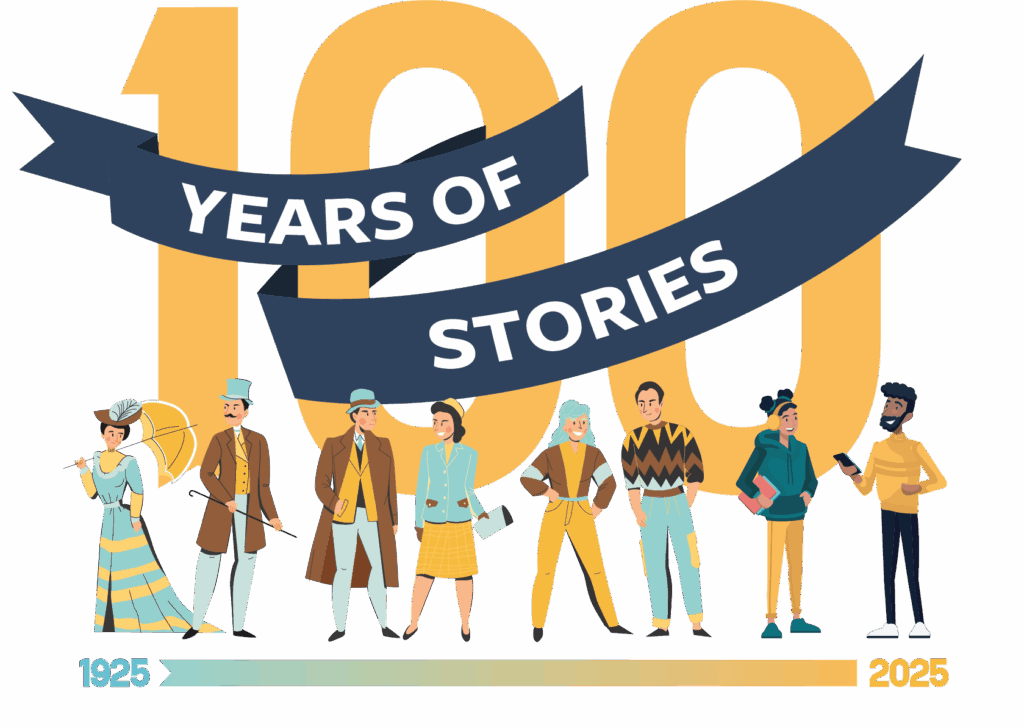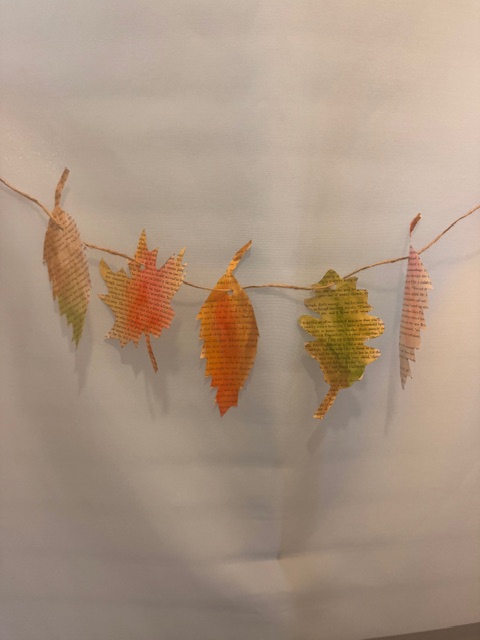World Café
Travel the World Café at Elizabethtown Public Library
Elizabethtown Coffee Company is the heart of the World Café program at Elizabethtown Public Library and helps to advance our mission. The vision of the World Café is to increase awareness of authors, cultures and realities from around the globe. We want everyone to be able to discover new places and different ideas that expand our thinking and our minds.
Each month the Library selects a different location. Sometimes its a region within the United States. It might be a coffee or tea growing country and it may even be a body of water that houses sea creatures and mythical beings. You can sign up to participate in this year-long program and complete your World Café passport for a year of exploration and a chance to win fun prizes.
November highlights the Library!
Can you believe that this November the Library celebrates 100 years of continuous operations in Elizabethtown?! We are excited to celebrate our anniversary and look forward to writing our next hundred years. Starting in a single room in the Oddfellows builiding, we have outgrown all of our previous locations, which eventually brought us to our current location on Market Street. You can learn more about the history of the Library here.


Not only has our collection of books grown over the years, but the types of materials that we collect and lend has grown too! In 1925 people did not know about all the technology that we have today. From offering internet access to eBooks and movie streaming, we have gone from being a location people could only utilize while open, to providing 24/7 access to educational and recreational materials.
Join Us in Celebrating 100 Years


We invite you to join us on Friday, November 21 as we celebrate our 100-year anniversary. On this special ExtraGive day, we will be celebrating with a picnic style lunch from 11 am to 1 pm. Stop by the Library during this time to enjoy some food and celebrate our history as we look forward to what’s next!
You can learn about the Library on our ExtraGive page here. You can also show your support of the Library by donating on November 21 through the Library’s ExtraGive page!
Books for Crafting and Eating
Bringing together the Library and the fall season, this month’s craft is making a leaf garland. What makes it stand out is that the leaves are pages from books! When you next visit us make sure to pick up a set of leaves to color and hang at home for a festive fall decoration. We recommend picking up a cozy fall book to read to really get into the spirit of the season.
While using books for crafts, you can also pick up this month’s recipe to make books to eat! While it is not really a book that you are eating, the fruit leather book recipe is a way to create a tasty snack that looks like a nice leather bound book. You can create a whole shelf of books to enjoy and share with others!


